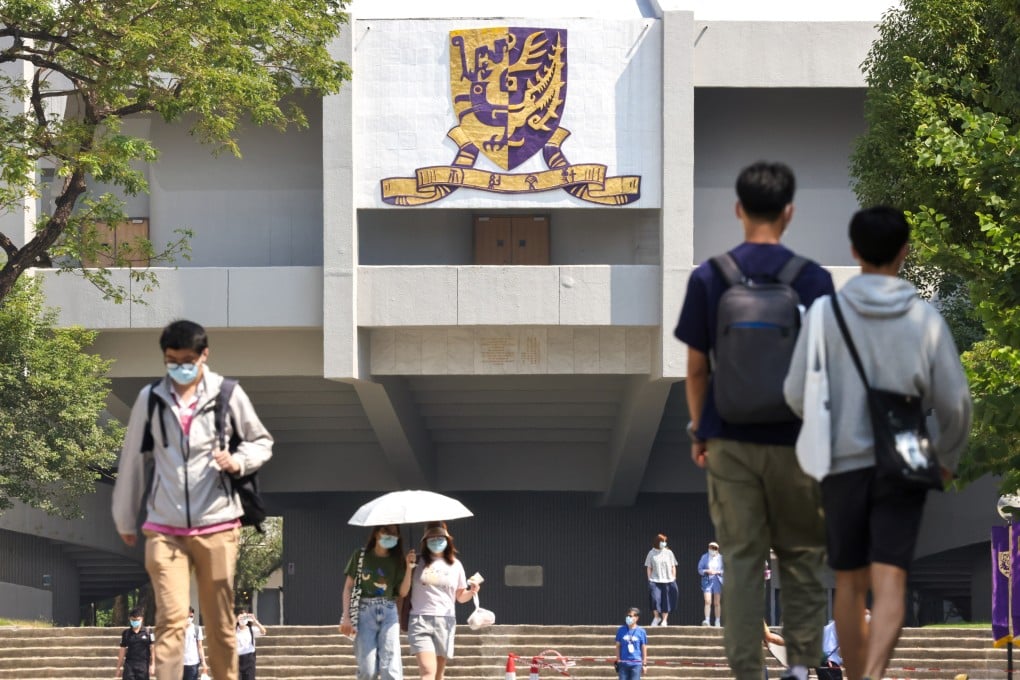University fees in Hong Kong set to rise by at least 5% annually for 3 years from 2025-26
- Source close to policymaking process says rise will fall within range of 5 to 9 per cent each year, starting in 2025-26 academic year

University tuition fees in Hong Kong are expected to rise by at least 5 per cent annually for three years starting from 2025, ending a near three-decade freeze, the Post has learned.
Some students expressed concern about the additional financial burden, while lawmakers and analysts urged authorities to introduce a fee-adjustment mechanism to ensure financial discipline and fairness.
A source close to the policymaking process said on Wednesday that the increase would be within a range of 5 per cent to 9 per cent annually, starting in the 2025-26 academic year.
Education-sector lawmaker Chu Kwok-keung said he understood that fees would rise by around 7 per cent each year.
The proposal to push up fees for the first time since 1997-98 comes as the city reviews public service charges to boost government revenues amid a serious deficit, which ballooned to more than HK$100 billion in the previous financial year.
Undergraduates at the eight publicly funded universities currently pay HK$42,100 (US$5,380) a year. They would pay between HK$2,947 and HK$3,374 more each year under an annual 7 per cent increment, pushing fees up to HK$51,574 in 2027-28.